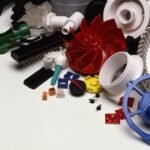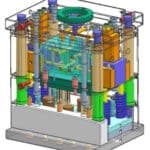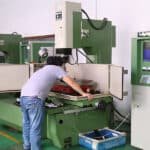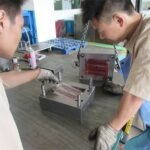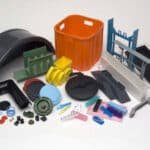Technical Support
- Selection Techniques for Plastic Mold Materials
- Basic Knowledge Of Injection Molding Process
- Differences Between Two Plate Molds, Three Plate Molds, And Hot Runner Molds
- Common Equipment For Plastic Injection Mold Tooling
- Standard Trial Process For Injection Molds
- Five Molding Processes For Injection Molding
We have experienced technical service personnel to provide customers with comprehensive technical support. All engineers in the team come from the mold and injection molding industry. Proficient in mold design, mold process analysis, process flow, and on-site molding technology. They can also participate in customer product design in the early stages. Based on past successful experiences, propose suggestions and feasible solutions.
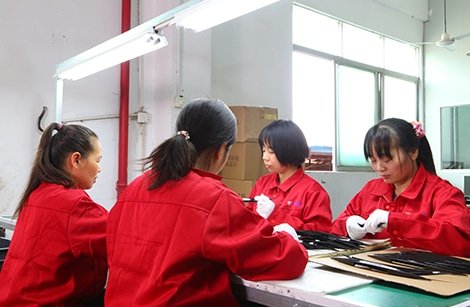
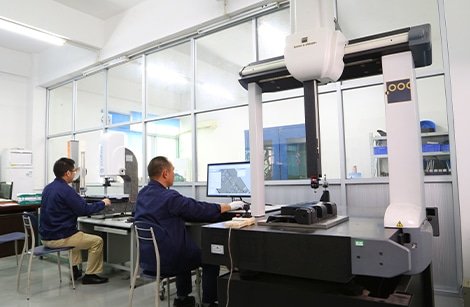
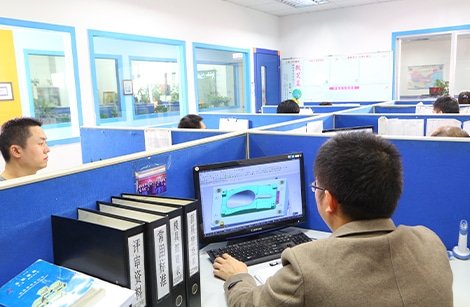
The Importance of Technical Support in the Process
Technical support plays an essential part of plastic injection mold manufacturing, providing guidance and assistance throughout production cycles. Without sufficient technical support, manufacturers may face numerous difficulties that result in delays and errors that cause substantial costs to them.
Technical support professionals provide invaluable expertise regarding materials, tooling, and processing parameters so they can offer insightful guidance for mold production processes that range from designing prototypes and prototyping through production machining and assembly. Involvement with technical support services allows companies to address challenges faster while offering them solutions they may have never considered previously.
Technical support teams assist manufacturers with common injection molding issues that arise, including part defects such as warpage or sink marks, material variances and inconsistencies, tooling problems such as improper venting and gate design issues and machine malfunctions. With their experience troubleshooting these problems quickly identifying root causes and taking corrective actions quickly.
Technical support provides additional efficiency by streamlining processes for maximum productivity. They recommend material selection based on specific needs like strength or aesthetic appeal; further, they aid in fine-tuning processing parameters like temperature profiles or cooling rates to achieve optimized cycle times without sacrificing quality.
Technology has completely revolutionized technical support within this industry. Modern simulation software now permits virtual testing of mold designs prior to physical production – significantly decreasing time-consuming trial-and-error iterations cycles and streamlining iterations times. Furthermore, real-time remote monitoring systems collect real-time machine data which enables proactive troubleshooting even before issues emerge.
Let us use an example to further demonstrate the significance of technical support: One manufacturer experienced frequent part defects due to improper gate design resulting in inconsistent filling patterns within molds which led to fluctuating product quality levels over time and ultimately negatively affected customer satisfaction levels.
Technical Support was able to successfully analyze simulation data with advanced software tools and identify inefficiencies within their gating system, leading them to make adjustments which improved fill consistency across all parts produced, providing consistent quality.
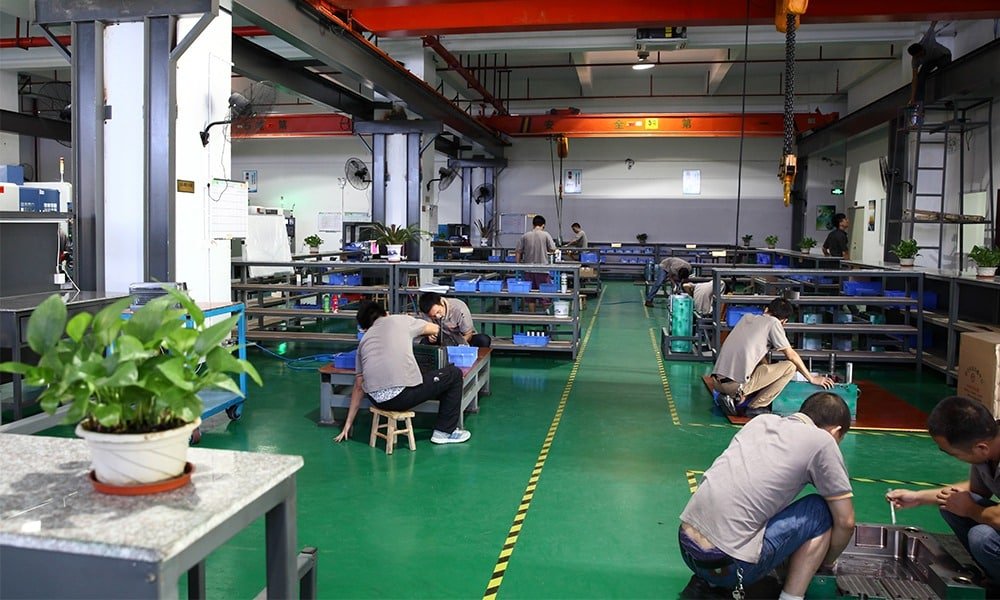
Common Issues and Challenges in Injection Mold Production
Injection mold production is an intricate and time-consuming process requiring precision and meticulousness, yet still can present its fair share of challenges and hiccups. One such challenge lies in maintaining consistent quality across multiple molds due to factors like material variations, cooling rates and machine settings – something many find challenging!
Warping or sink marks on finished product is yet another difficulty when producing mold-made components, often caused by uneven cooling or improper ventilation within mold cavities. Pinpointing these issues requires extensive investigation of possible sources and considerable troubleshooting skills to successfully overcome.
Tool wear and tear over time are unavoidable, leading to decreased productivity and higher maintenance costs. An injection mold’s longevity depends heavily on factors like material selection, operating conditions and proper maintenance practices.
Maintaining efficient cycle times while upholding product integrity can present another daunting challenge. Achieve an appropriate balance between speed and quality may require extensive testing and optimizing to be achieved successfully.
Staying abreast of ever-evolving industry requirements presents manufacturers with a challenge they cannot avoid. New materials, regulations or design specifications may necessitate changes to molding processes or equipment that could require adjustments for molding to take place successfully.
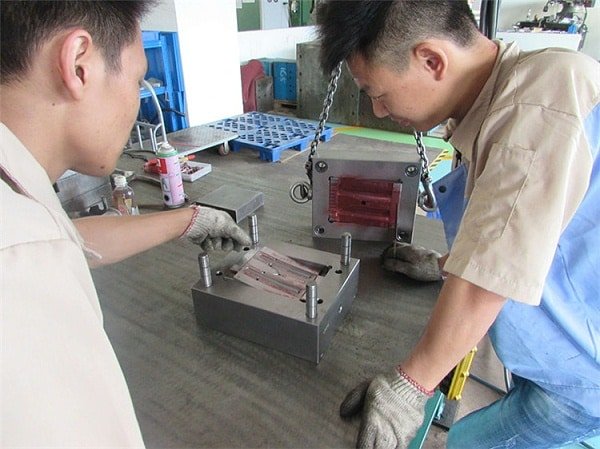
How Technical Support Helps Overcome these Challenges?
Technical support plays an integral part in meeting the challenges presented during plastic injection mold manufacturing, especially if issues arise that need solving quickly and professionally. When issues do occur, having knowledgeable technical specialists available is often all it takes.
One of the more challenging issues encountered is design optimization. Technical assistance provides invaluable support by offering guidance and expertise that ensure that mold designs meet production efficiency and quality criteria, from material selection, gate and runner designs, cooling channel placement and more.
Troubleshooting production problems is also an essential challenge. Technical support specialists have extensive knowledge in diagnosing source causes of issues related to part defects or machine malfunctions and can then offer solutions or suggest adjustments that prevent further issues from cropping up.
Technical support also plays a pivotal role in optimizing process optimization. By analyzing data and monitoring key parameters such as temperature and pressure profiles, they are able to fine-tune injection molding processes for maximum productivity – leading to reduced cycle times, scrap rates and overall increases in productivity.
Technical support also assists operators with training on proper operation and maintenance techniques for equipment, which helps the machinery perform at its optimal capacity while simultaneously decreasing downtime caused by operator mistakes or lack of knowledge. This ensures the machine functions at maximum capacity while decreasing any possible downtime caused by operator mistakes or knowledge deficit.
At the core, having strong technical support throughout the plastic injection mold manufacturing process helps address various challenges efficiently and expediently. Their knowledge adds significantly to problem-solving capabilities as well as continuous process enhancement for production systems.


